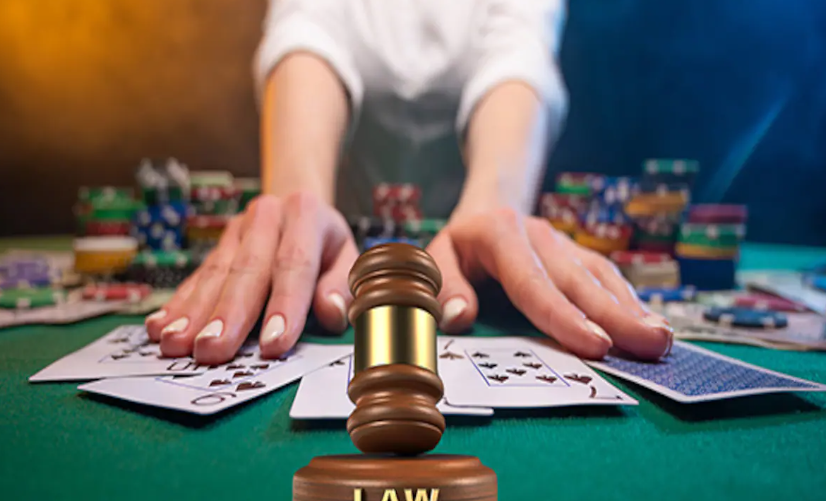Gambling is a popular pastime for many people, and with the rise of online casinos, it has become even more accessible. However, with the increased availability of gambling comes the need for proper regulation to ensure that players are protected and that the industry is fair and transparent. That’s where gambling regulators come in.
A gambling regulator, also known as a casino gaming commission or gambling commission, is a government body that is responsible for overseeing the gambling industry. Their primary role is to ensure that casinos and other gambling establishments operate in a fair and ethical manner, and that they comply with all relevant laws and regulations.
The specific duties of a gambling regulator will vary depending on the country or state in which they operate. In some cases, they may be responsible for issuing and revoking casino licenses, while in others they may be responsible for overseeing the operation of casinos and other gambling establishments. They may also be responsible for monitoring the industry to ensure that casinos are following the rules and regulations, and that they are not engaging in any illegal or unethical practices.

One of the most important responsibilities of a gambling regulator is to issue and revoke casino licenses. A casino license is required in order to legally operate a casino, and it is only granted to establishments that meet certain criteria and pass a thorough background check. In order to obtain a license, a casino must demonstrate that it has the financial resources and expertise to operate a casino, and that it is committed to following all relevant laws and regulations. The casino license is a way to ensure that the casino is operating legally and ethically, and that it is not engaging in any illegal or unethical practices.
Another important function of a gambling regulator is to monitor and enforce the rules and regulations that govern the industry. This includes ensuring that casinos are adhering to laws related to money laundering and other financial crimes, as well as rules related to the fairness and integrity of games. Gambling regulators may also be responsible for monitoring the industry to ensure that casinos are not engaging in deceptive or misleading advertising or promotions.
The casino promotions and free bet casinos are also a part of the gambling industry, which are also regulated by the gambling commission. These promotions are offered by the casinos as a way to attract new customers and keep existing ones engaged. However, these promotions have to be fair, and not misleading. Gambling regulators make sure that these promotions are not designed to trick or deceive players, and that they are clearly and accurately advertised.
In summary, gambling regulators play a vital role in ensuring the integrity and fairness of the gambling industry. They are responsible for issuing and revoking casino licenses, monitoring the industry to ensure compliance with laws and regulations, and enforcing rules related to the fairness and integrity of games. With their efforts, the industry is more transparent and fair for both the players and the operators.

